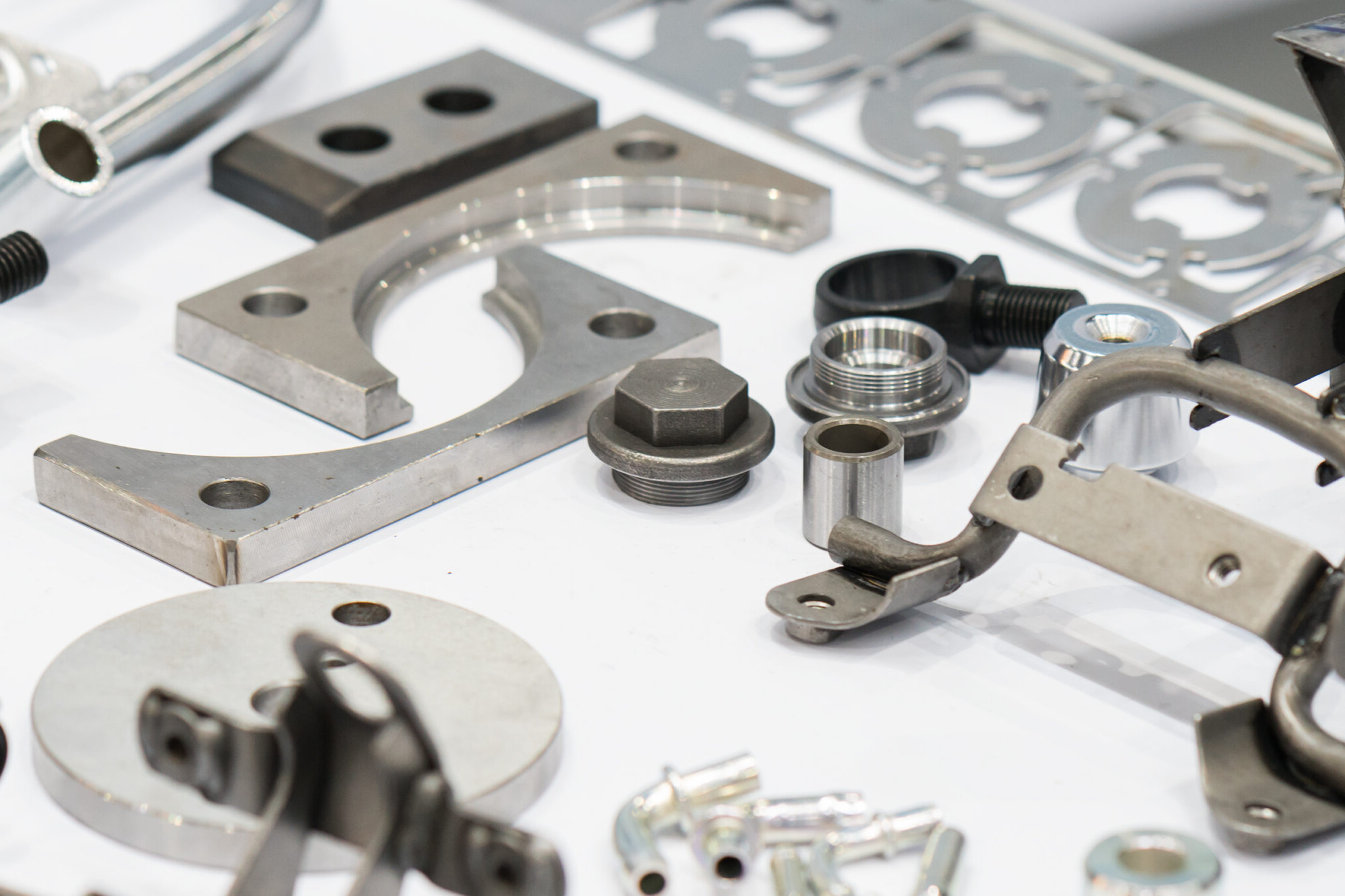
Fasteners are everywhere, holding our world together, quite literally. From the screws in your furniture to the bolts in skyscrapers, these tiny components play a massive role in our daily lives. But how much do you really know about them? Fasteners come in various shapes, sizes, and materials, each designed for specific tasks. They might seem simple, but there's a lot more to them than meets the eye. Whether you're a DIY enthusiast, a professional builder, or just curious, understanding these small yet crucial items can be incredibly useful. Ready to learn some surprising facts about fasteners? Buckle up, because you're about to discover just how fascinating these little pieces of hardware can be!
What Are Fasteners?
Fasteners are essential components in construction, manufacturing, and everyday life. They hold things together, ensuring stability and functionality. Let's dive into some fascinating facts about these tiny yet mighty objects.
- Fasteners include screws, bolts, nuts, washers, and rivets.
- They come in various materials like steel, brass, aluminum, and plastic.
- The first screw was invented by Archytas of Tarentum in the 3rd century BC.
- Bolts and screws are often confused, but bolts require a nut, while screws do not.
- Thread count on screws and bolts is measured in threads per inch (TPI).
Types of Fasteners
Different types of fasteners serve different purposes. Understanding their variety helps in choosing the right one for a specific task.
- Wood screws are designed for wood, featuring a sharp point and coarse threads.
- Machine screws are used with nuts or tapped holes, having uniform threads.
- Lag screws are heavy-duty screws for wood, often used in construction.
- Sheet metal screws are for metal, with sharp threads to cut into the material.
- Hex bolts have a hexagonal head and are used with a nut or tapped hole.
Fastener Materials
The material of a fastener affects its strength, durability, and application. Different materials are chosen based on the environment and load requirements.
- Stainless steel fasteners are corrosion-resistant, ideal for outdoor use.
- Brass fasteners are non-magnetic and resistant to tarnish, used in electrical applications.
- Aluminum fasteners are lightweight and corrosion-resistant, perfect for aerospace.
- Plastic fasteners are non-conductive and corrosion-resistant, used in electronics.
- Titanium fasteners are strong, lightweight, and corrosion-resistant, used in high-performance applications.
Fastener Coatings
Coatings enhance the properties of fasteners, providing additional protection and functionality.
- Zinc plating offers corrosion resistance and a shiny finish.
- Galvanized fasteners have a thick zinc coating for superior corrosion resistance.
- Black oxide coating provides a mild corrosion resistance and a sleek black finish.
- Nickel plating offers a decorative finish and corrosion resistance.
- Phosphate coating provides a good base for paint and improves corrosion resistance.
Fastener Standards
Standards ensure that fasteners meet specific requirements for quality and performance. These standards are set by various organizations.
- ISO (International Organization for Standardization) sets global standards for fasteners.
- ANSI (American National Standards Institute) sets standards for fasteners in the U.S.
- DIN (Deutsches Institut für Normung) sets standards for fasteners in Germany.
- BS (British Standards) sets standards for fasteners in the UK.
- JIS (Japanese Industrial Standards) sets standards for fasteners in Japan.
Fun Facts About Fasteners
Fasteners might seem mundane, but they have some interesting and fun aspects worth noting.
- The Eiffel Tower is held together by 2.5 million rivets.
- NASA uses specially designed fasteners for space missions to withstand extreme conditions.
- The world's largest bolt is 27 feet long and weighs 12,000 pounds.
- Velcro is a type of fastener invented by George de Mestral in 1941, inspired by burrs sticking to his dog's fur.
- Reusable fasteners like zip ties and twist ties are popular for temporary or adjustable connections.
Fasteners: Small Yet Mighty
Fasteners might seem insignificant, but they hold our world together. From the tiny screws in your glasses to the massive bolts in skyscrapers, these little pieces of hardware are essential. They come in various shapes, sizes, and materials, each designed for specific tasks. Knowing the right fastener for the job can make all the difference in construction, repairs, and everyday projects.
Understanding fasteners isn't just for engineers or builders. Anyone can benefit from knowing a bit about them. Next time you fix something around the house or start a DIY project, you'll appreciate the role these small components play. So, next time you see a screw or a bolt, remember the incredible impact it has on our daily lives. Fasteners may be small, but their importance is huge.
Was this page helpful?
Our commitment to delivering trustworthy and engaging content is at the heart of what we do. Each fact on our site is contributed by real users like you, bringing a wealth of diverse insights and information. To ensure the highest standards of accuracy and reliability, our dedicated editors meticulously review each submission. This process guarantees that the facts we share are not only fascinating but also credible. Trust in our commitment to quality and authenticity as you explore and learn with us.
